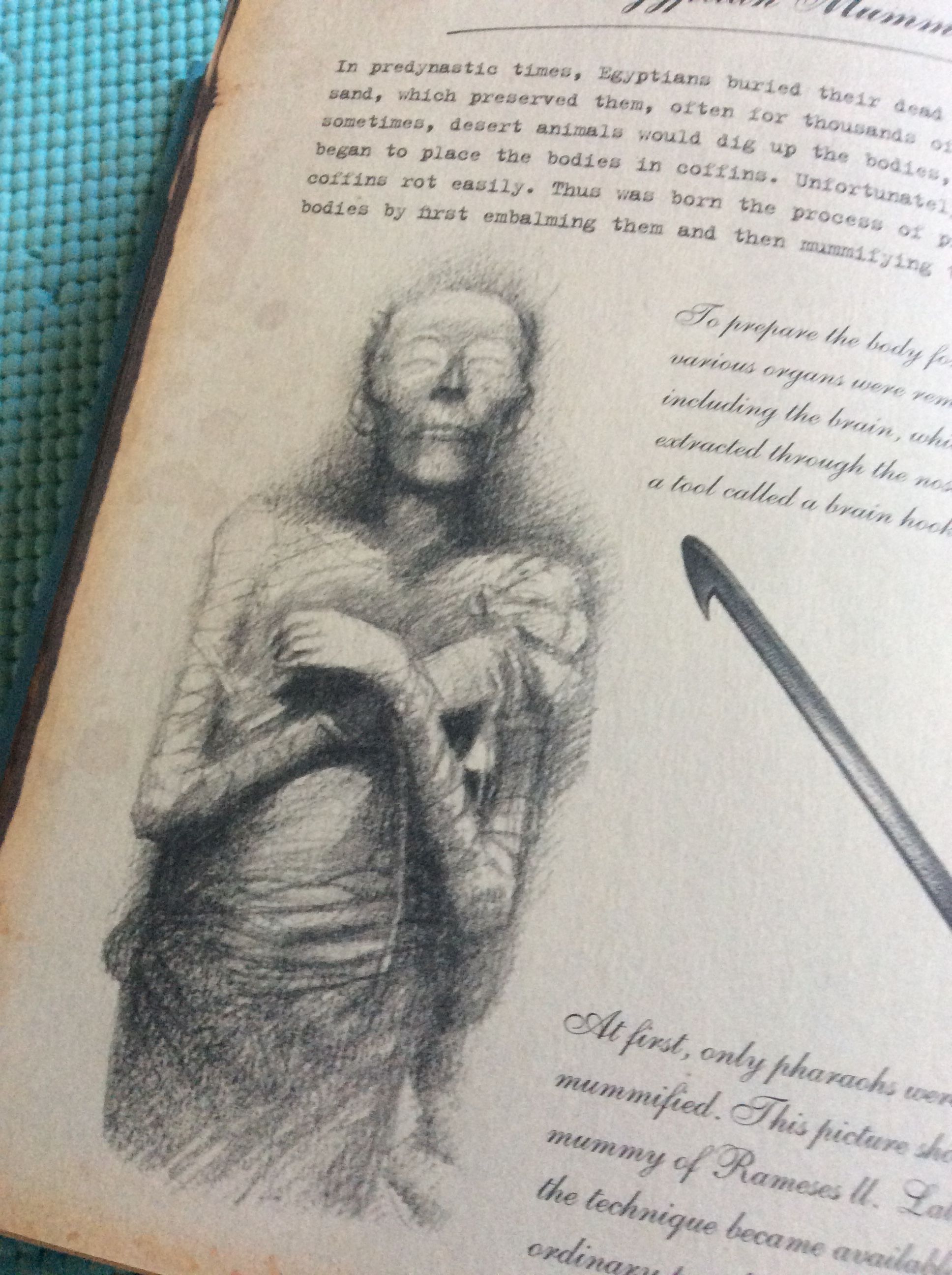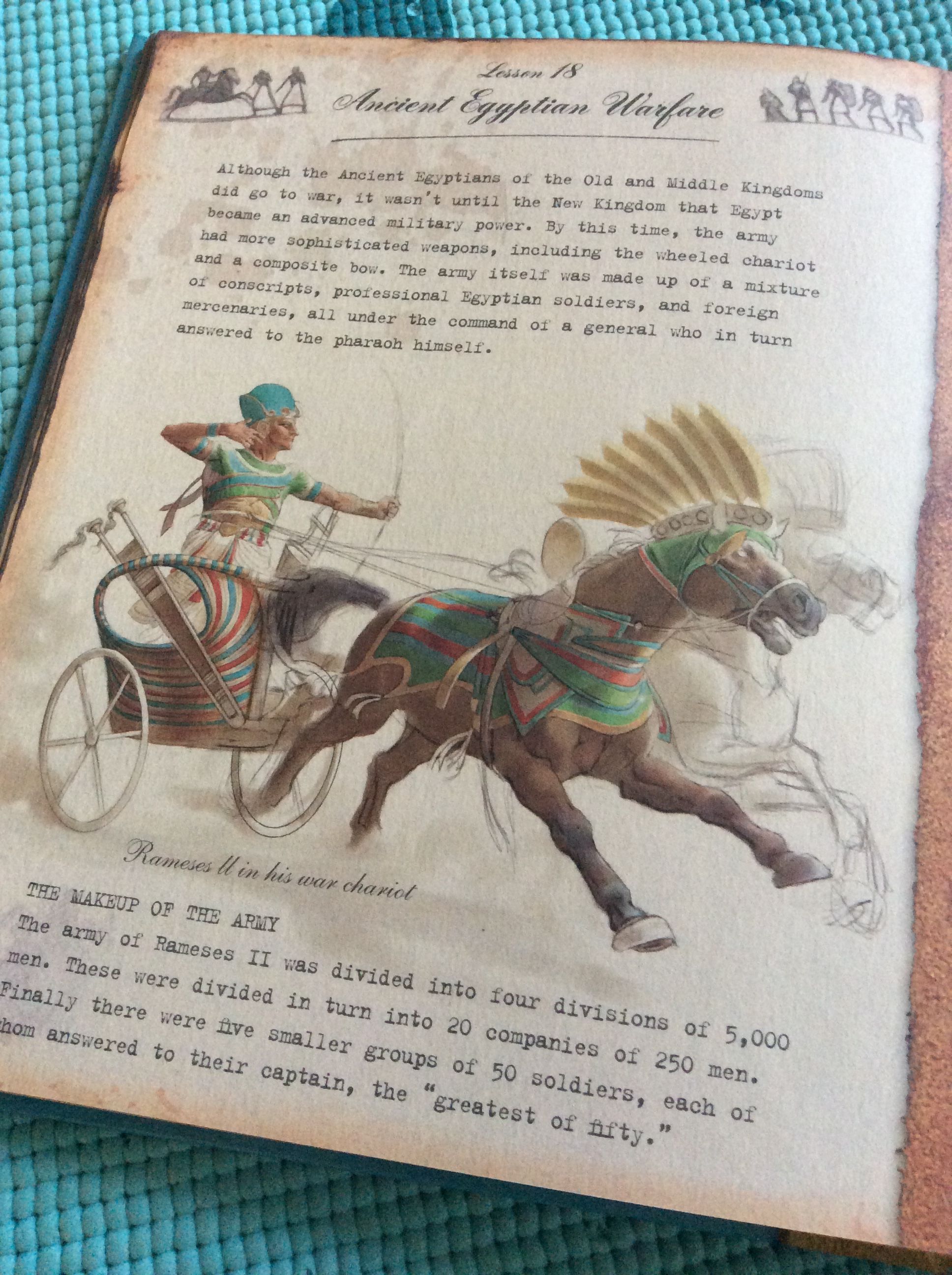Sketch vs. Finished Piece
-
Hi everyone, I have been thinking about this for a long time... it's essentially, when is something finished, vs when is it "just a sketch"? There are people who's sketches look like other people's finished pieces and other people's "sketches" that are often more appealing than the final piece. I just thought it would be interesting and informative to hear what everyone's take is on what the difference is?
I guess for me, it's maybe in the artist's intention. A sketch is something where they are working out problems for a bigger piece, or maybe they are studying some aspect of something, but maybe they're not necessarily thinking about composition and what effect it ultimately should have. Whereas a finished piece has intention and a proposed context, ie it's meant to be used as a book cover, fine art painting hanging on someone's wall, editorial illustration, etc.
What do you all think?
-
@robgale The mighty wikipedia which, as a teacher, I never allow as a resource but always use myself:
"A sketch (ultimately from Greek σχέδιος – schedios, "done extempore"[1][2][3]) is a rapidly executed freehand drawing that is not usually intended as a finished work."
@robgale said in Sketch vs. Finished Piece:
I guess for me, it's maybe in the artist's intention. A sketch is something where they are working out problems for a bigger piece, or maybe they are studying some aspect of something, but maybe they're not necessarily thinking about composition and what effect it ultimately should have. Whereas a finished piece has intention and a proposed context, ie it's meant to be used as a book cover, fine art painting hanging on someone's wall, editorial illustration, etc.
So, yup! Pretty much
 Though sometimes a sketch IS to figure out composition. Or values. Or really any other thing where you'd like to rip off a bunch of different options in a few minutes instead of a few hours.
Though sometimes a sketch IS to figure out composition. Or values. Or really any other thing where you'd like to rip off a bunch of different options in a few minutes instead of a few hours. -
I often like the raw quality of a sketch. I think most sketches do not translate to the final piece 1 on 1, but there’s something quite magical about those first rough strokes that feel free. Like a child making a drawing, it is not concerned with the end result. I think this is often the charm of a sketch.
I notice I can divide my sketches in 2 ‘categories’ if you will. Sketches that are meant as preliminary work for a bigger piece. To try out the composition, values, etc. These are often rough thumbnails. But I also like to sketch more freely without a certain end goal in mind. I often prefer those sketches and they can lead into ideas for new work. -
yeah, I think your definition sounds right.
If you look on Instagram though you'll often see people describing their full colour, amazing masterpieces as "just a quick warm-up sketch"

-
I have a hard time reading people's thumbnails unless they are fairly fleshed out. I would consider those sketches and also anything that's sort of an underlying drawing or idea. There are however some figure drawings/sketches I find very appealing as final art.
-
I hadn't put much thought into this before, but I think you make a good observation, @robgale. I agree with @neschof that a lot of people describe their finished work as 'sketches' in something of a misnomer.
I guess I personally view sketches as fast, incomplete works with the intent to flesh it out later or use it for study/preliminary design. Maybe another way to say it is that sketches aren't things you would put in your portfolio... or in a frame? But goodness if sketches aren't valuable! (I am a frequent, messy sketcher, myself!)
-
This is my take on sketches especially currently speaking. I am using them to figure out how a character is built structurally (lines and basic shapes to start) in which case I can see through them to help on later work (problem solving and showing steps), I sketch comps and values like @Braden-Hallett said, and I also have a light sketch under final work because I have yet to find the best way to transfer. I would conclude (without entirely knowing either way) that artists/illustrators etc.. who have more "sketch quality finished work" also have "sketches" differing from their ultimate final work, having worked out like already stated above what works and what doesn't (what mark making they will include etc.) and would resolve their example character in that "sketch stage". Your question is solid and helped me think through how I approach "steps".
Thanks,
-
Interesting question. For me it‘s related to the process and intention. A sketch is a preliminary version of a work for the purpose of sorting out content, composition, character and details and/or with the aim of showing it for early review before proceeding to the final piece. It does not matter if the final piece is only pencil or in full color - there will always be a step before the „final“ and that‘s what I would call a sketch.
When I sketch for myself, it‘s often just to record ideas, plan some personal work or see if an idea is interesting enough to evolve into a full illustration.
It‘s true that nice, loose dynamic sketches can be a pleasure in itself and sometimes more interesting than the final piece - keeping that energy while finishing is one of the great mystery skills that I‘m still running after. -
While I was studying classical animation it was always something that we commented on. Our rough line tests always looked better than our cleaned up animations. It was the looseness and energy that was being lost when cleaning up the initial sketches. Keeping that energy and movement in the final cleaned up frames was something we always looked for.
-
Thanks for chiming in everyone! It's been helpful. Everyone seems to agree that it's something like the the "process and intention" that @smceccarelli mentioned. Part of the reason I asked this question is that, I recently spent a TON of time on a single painting and I was really just kind of meh about its outcome. It's alright, but I like a lot of my sketches better... so it led to this question.
@Braden-Hallett Wikipedia! I didn't even think of looking there. Good call

@nadyart I really love that raw quality as well, whether they are sketches or finished pieces, and I guess, it's hard for me to tell sometimes if something that is "raw" is unfinished or not. Maybe the question should be more, something like, refined vs. "sketchy" in a final piece of art, and where does one draw the line (excuse the pun) between something that is supposed to be raw and something that is just not finished?
@neschof I hear what you're saying about people on instagram... I see this amazing painting and they call it a sketch and I'm like, man, I can't do that if I spend a month working on a single piece. Sigh.
@KaraDaniel I really like loose figure drawings as well! I've spent a lot of time painstakingly finishing drawings, and I've learned a lot, but I almost never like the refined, fully rendered pieces as much as faster, looser, more expressive pieces.
@A-G-Meade I like what you're saying about the "intent" to flesh it out later, or use it in a more considered way. There's that word intent again.
@Heather-Boyd I hear what you're saying about process here. It's almost as if the definition of a sketch is really up to the artist. A sketch is not really something that the outside world can determine, but a part of your own process, so it doesn't matter that someone's sketch looks like someone else's finished painting. I suppose there are those who might think that, say, Sarolla's paintings look like sketches compared to someone really rendered like Ingres, or David, but I don't think anyone would argue that Sarolla was just sketching!
@Phil-Cullen @smceccarelli I think that chasing after keeping the liveliness in the final piece is something that is inherent to artmaking. It seems to me we'll always be chasing it! Thanks for reminding me of that.
Thanks everyone for your responses, it's given me some things to chew on!
-
this was a very interesting topic to read thank you for posting it
-
While in a book I found this illustration that is a sole sketch and then one that crosses over and has both. Just to add to the discussion.


This book has three illustrators, so I don’t know whose who:
Ian Andre, Nick Harris, and Helen Ward. Book is The Egyptology Handbook.